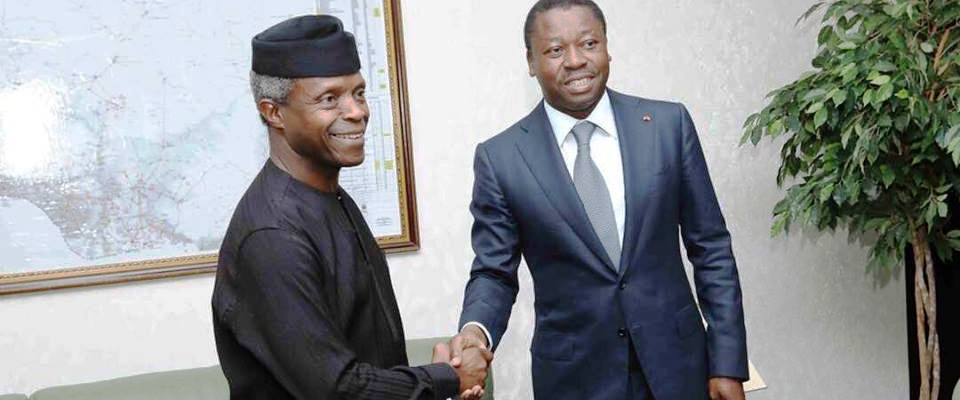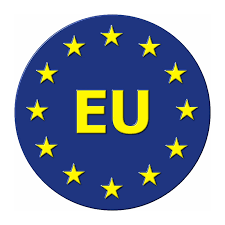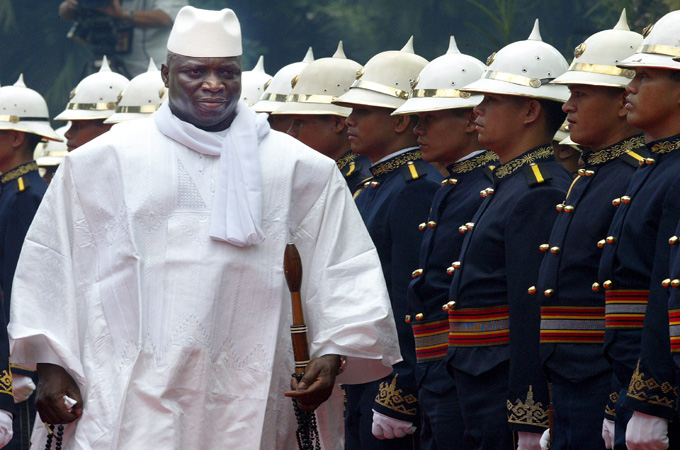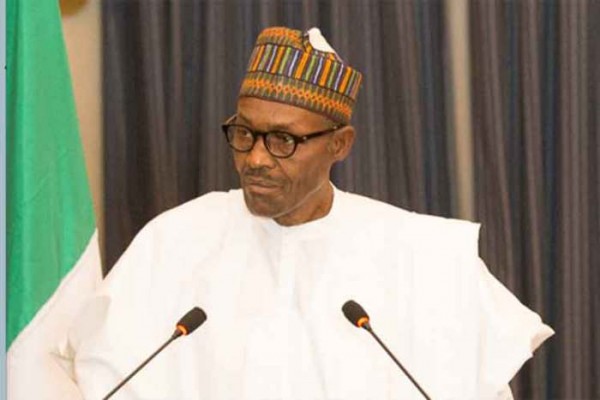President Muhammadu Buhari is presently at the 50th Ordinary Session of the Economic Community of West Africa, ECOWAS Summit of Heads of State and Government.
His speech at the summit is as presented below:
50TH ORDINARY SESSION OF THE ECOWAS SUMMIT OF HEADS OF STATE AND GOVERNMENT, 17 DECEMBER 2016, ABUJA, NIGERIA.
WELCOME STATEMENT BY H.E MUHAMMADU BUHARI, PRESIDENT OF THE FEDERAL REPUBLIC OF NIGERIA
It is indeed a great pleasure for me to welcome you to Nigeria and to the 50th Ordinary Session of the Authority and Heads of State and Government of ECOWAS.
Allow me to start by congratulating us all for the peaceful elections held recently in the region. This is an indication of the growing commitment of the leadership and the people of the region to the principle of democracy and good governance.
Accordingly, I extend my heartfelt congratulations to H.E. President Jorge Carlos Fonseca on his re-election as the president of Cape Verde. My congratulations also go to the winner of the Ghanaian Presidential election, H.E. Nana Akufo-Addo, and to H.E. Mr. John Dramani Mahama for his display of maturity and statesmanship.
Permit me to express my deep appreciation to our Chairperson, H.E. Mrs. Ellen Johnson Sirleaf, President of the Republic of Liberia for the excellent manner in which she has steered the affairs of our Community since assuming the leadership of ECOWAS in June, 2016.
My appreciation goes to the President of the ECOWAS Commission and his dynamic team for the effective manner in which they have run the affairs of the Community Institutions. I am particularly pleased with the renewed confidence and financial prudence with which the Management of the Commission has handled the affairs of Community Institutions since coming on board in March, 2016.
Your Excellencies, Distinguished Guests,
Ladies and Gentlemen,
Since the launch of the ECOWAS Vision 2020 to transform ECOWAS from ECOWAS of States to ECOWAS of peoples, our Community has accomplished remarkable progress in achieving Community objectives for a stable and prosperous West Africa.
Foremost amongst these achievements is the management of conflicts and the maintenance of peace, stability and security in the region. As we all know, peace and security are the necessary ingredients for development as one cannot exist without the other.
We have substantially enhanced our capacity for dealing with conflict as amply demonstrated in the quick intervention of the Community to douse tension and restore peace in Mali, Guinea-Bissau and Burkina Faso. The efforts of the Multi-National Joint Task Force, in combatting terrorism in Nigeria and in the neighboring countries, have significantly degraded the capacity of Boko Haram in the region, even though sporadic attacks on soft targets have been recorded in the past few weeks, just as we have sustained the military pressure on the terrorists.
We have every right to feel proud of these achievements which have moved us to the realization of the objectives for which ECOWAS was established, namely the promotion of peace, security and economic integration. To sustain these gains and manage conflicts more effectively, we need to pay greater attention to conflict prevention mechanisms in the region, as prevention is cheaper in every respect.
As we deepen our democratic experience, promote good governance and address inequality, I urge us to devote more resources to Early Warning Mechanisms in order to develop an effective Conflict Prevention Strategy. We also need stronger political will for Peace –Keeping Operations in our sub region as we have done in the past.
On the economic front, we are encouraged with the appreciable efforts being recorded to transform our economies into a regional market by liberalizing trade within the Community and adopting the Common External Tariff (CET), to establish a common Customs Union. Today, we have the single tariff, vis-à-vis the rest of the world, and are currently implementing programmes that are intended to lead us to a single monetary zone and common currency for the fifteen countries of ECOWAS.
The adoption of a single biometric identity card is also commendable and will facilitate the establishment of a single currency, while engendering Free Movement of Persons. Considerable progress has also been made in the areas of industrial policy, mineral exploitation, agriculture, environment, infrastructure, telecommunications and energy. We also have in place a coordinated capacity to respond to the threat or outbreak of pandemics through the Regional Centre for Disease Control and Surveillance, which is now domiciled in Nigeria.
Your Excellencies, Ladies and Gentlemen,
Our modest achievements in regional integration are being challenged by globalization. Today, most of our countries continue to record low volume of trade, occasioned by declining level of economic activities, caused by the sharp fall in commodity prices. While oil prices fell by an astounding 57 percent between June 2014 and January 2015, other commodity prices have also weakened sharply thereby putting pressure on the current account and fiscal balances of our countries.
This ugly situation demands that we diversify our respective economies from commodities into other sectors such as banking, construction and telecommunications and most importantly agro–processing, manufacturing and services. As we adjust to a more challenging globalized environment, stronger efforts are required to increase domestic revenue mobilization in our countries and Community Institutions.
Member States must diversify their economies away from trade in commodities towards developing robust infrastructure that will support manufacturing and industrialization. To this end, I urge the Community to invest more in infrastructure and human resources so as to unleash the potentials that exist in our respective economies and in our peoples.
Another adverse effect of globalization, which we need to confront collectively, is Climate Change which is affecting our countries in many ways such as desertification, erosion, rise in sea level and flooding. This situation is further worsened by the near absence of response and adaptive capacities in our countries.
The negative consequences of Climate Change, including the drying up of water bodies are real in the region. For example, Lake Chad, which was once one of Africa’s largest water reservoirs, has over the years shrank to less than 10% of its original size, drastically affecting livelihoods of millions of people living in the Basin. This has resulted in environmental degradation, poverty, underdevelopment and displacement of peoples.
To reduce the impact of Climate Change in our region, a regional coordination framework is required. Therefore, it is imperative that we embrace long-term measures to develop low carbon and climate resilient development initiatives.
Furthermore, the Commission’s Department and relevant Institutions responsible for environmental affairs should be strengthened to enable them to combat the effects of Climate Change in the region. Development Partners can also play crucial roles in the fight against Climate Change. Consequently, we must seek closer cooperation with the Development Partners in long-term solutions to combat this phenomenon.
We also need to make conscious efforts to improve on Governance and accountability at all levels. This calls for the speedy conclusion of the reforms of all ECOWAS institutions to put ECOWAS on a much stronger footing and prepare us for the challenges of such Institutional reforms. To this end, we should ensure that priority is given to the implementation of development programs, while the ECOWAS Parliament should be entrusted with more functions.
In addition, the cost of governance must be reduced across all ECOWAS Institutions while resources should be devoted to programs and projects that will have direct bearing on the lives of ordinary citizenry and create jobs fast enough to absorb our teeming youth population. In this regard, it is necessary that measures be taken to review the ECOWAS Treaty in order to make ECOWAS responsive to new national, regional and global challenges.
Excellencies, Ladies and Gentlemen
Let me end by stating that despite the challenges, our Community remains the envy of the international community. It is therefore imperative that we build on our achievements. As the elected representatives of our people, the region and indeed Africa as a whole look up to us to provide a solid foundation for the political and economic development of the West African sub-region.
I wish us all fruitful deliberation and a Merry Christmas and a Prosperous New Year in advance.
I thank you.









